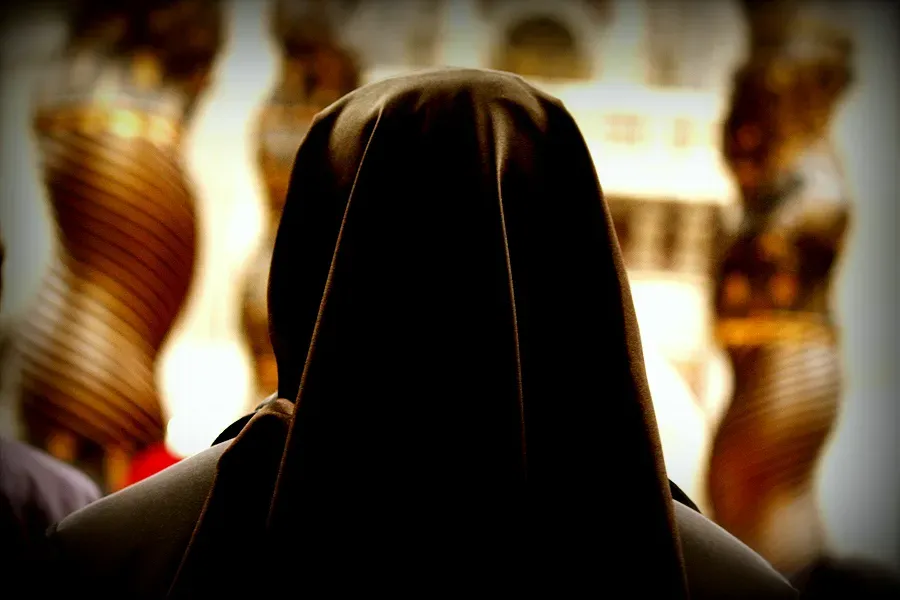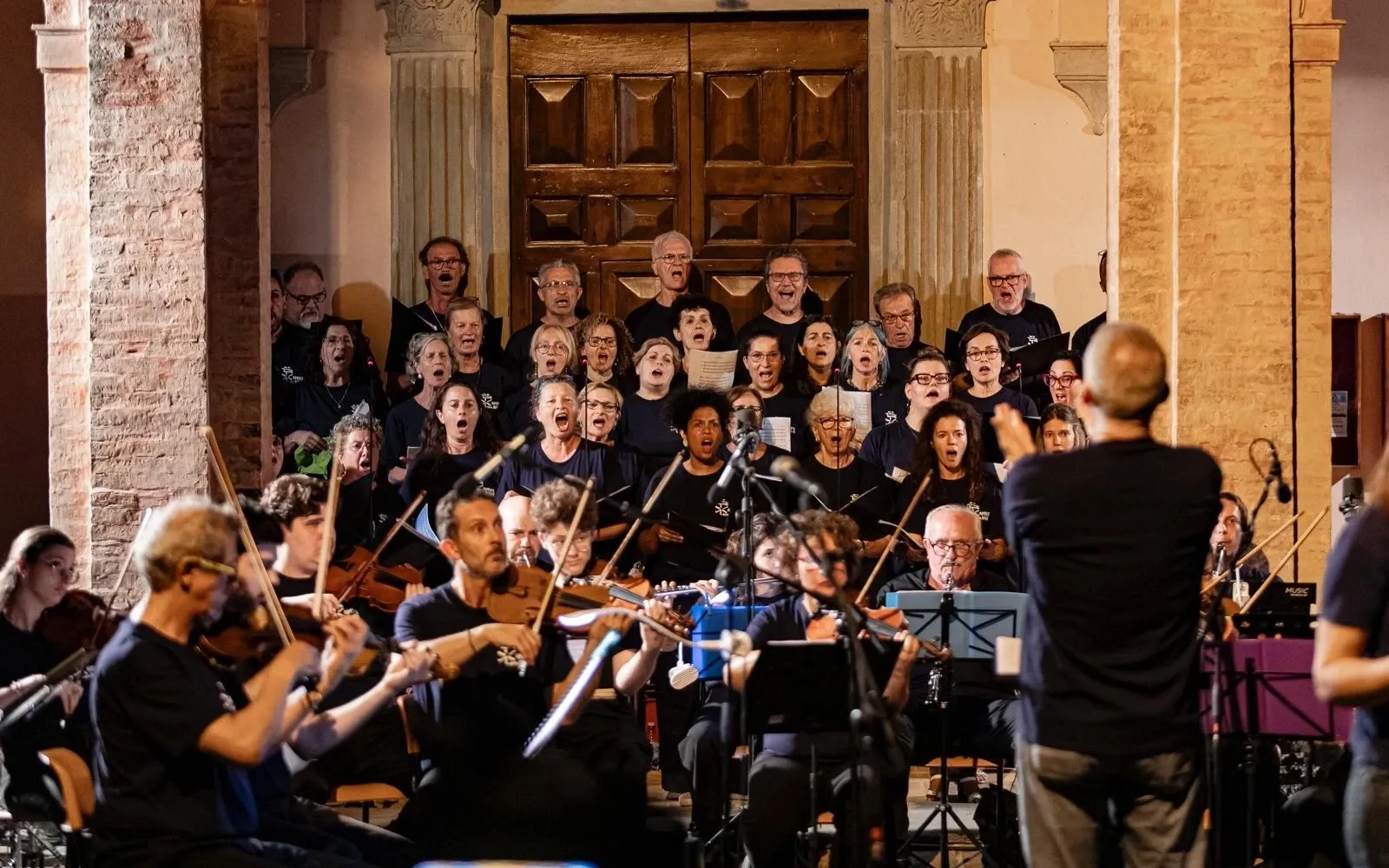The USCCB added that parishes will celebrate the day the following weekend, Feb. 5-6.
When did it begin?
Pope Saint John Paul II established this day of prayer for women and men in consecrated life in 1997. In his message for the first World Day of Consecrated Life, the late pontiff stressed the importance of the day.
“The mission of the consecrated life in the present and in the future of the Church,” he said, “concerns not merely those who have received this special charism, but the entire Christian community.
The consecrated life, he added, “is at the very heart of the Church as a decisive element for her mission, since it ‘manifests the inner nature of the Christian calling’ and the striving of the whole Church as Bride towards union with her one Spouse,” citing his apostolic exhortation Vita Consecrata.
Why is there a World Day for Consecrated Life?
In his 1997 address, Pope Saint John Paul II listed three reasons, beginning with thanking God for this “stupendous gift!”
The day “answers the intimate need to praise the Lord more solemnly and to thank him for the great gift of consecrated life,” he said. Next, “this day is intended to promote a knowledge of and esteem for the consecrated life by the entire People of God.”
The last reason, he said, concerned consecrated persons.
“They are invited to celebrate together solemnly the marvels which the Lord has accomplished in them,” he said, “to discover by a more illumined faith the rays of divine beauty spread by the Spirit in their way of life, and to acquire a more vivid consciousness of their irreplaceable mission in the Church and in the world.”








